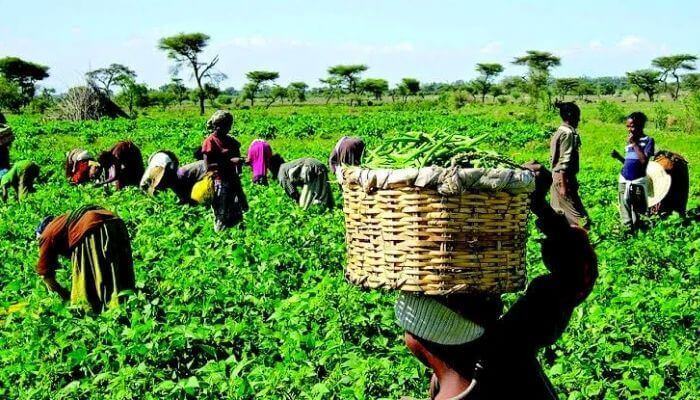As Nigeria intensifies its pursuit of national food security, agricultural experts are emphasizing the urgent need for widespread transformation in the country’s farming systems. At a recent lecture hosted by a Nigerian university, agribusiness stakeholders were called upon to adopt sustainable, technology-driven practices capable of meeting the demands of a rapidly growing population and evolving economy.
Speaking at the event, an agricultural specialist underscored the importance of abandoning outdated, labor-intensive methods. “To meet both the nutritional needs and economic aspirations of our nation, we must completely rethink and modernize how we produce food,” the expert urged.
A Call for Agricultural Transformation
The forum was part of a larger institutional effort aimed at redefining agricultural development across Nigeria and the continent. The initiative aligns with broader national objectives focused on enhancing food production, reducing reliance on imports, and expanding employment opportunities through agribusiness.
Participants emphasized that reform in the agriculture sector is no longer a matter of choice but a strategic imperative. With the country’s population projected to rise significantly in the coming decades, the pressure on local food systems is intensifying. Without significant changes, experts warn that Nigeria risks falling short of its food security goals.
Innovation and Investment: The Future of Agribusiness
For smallholders and agribusiness entrepreneurs, the message is clear: growth in the sector will depend on a combination of innovation, sustainability, and investment in modern agricultural practices. Mechanization, digital platforms, and climate-resilient farming techniques are seen as key tools in overcoming long-standing productivity challenges.
Experts also pointed to the critical role of technology in revolutionizing agriculture. From precision farming and drone mapping to mobile advisory services and smart irrigation systems, digital innovation is beginning to reshape how food is grown, managed, and distributed across Nigeria.
Unlocking Growth Through Policy and Partnerships
Speakers at the event urged policymakers, private investors, and development partners to collaborate in creating a more supportive environment for agricultural transformation. Specific recommendations included:
-
Expanding access to agricultural financing for small and medium-scale farmers.
-
Scaling up agri-tech solutions to drive productivity and resilience.
-
Strengthening farmer education and extension services to support knowledge transfer.
-
Improving infrastructure for storage, transportation, and market access.
Such multi-stakeholder collaboration is seen as essential not just for domestic food self-sufficiency but also for positioning Nigeria as a competitive exporter of agricultural products.
Towards a Resilient and Inclusive Agricultural Economy
The forum concluded with a strong consensus that agriculture remains one of Nigeria’s most viable pathways for inclusive economic development. With the right mix of innovation, investment, and institutional support, the sector could deliver long-term food security, reduce poverty, and accelerate industrial growth through agri-based value chains.
As global supply chains continue to face disruptions and climate-related risks grow, Nigeria’s ability to feed itself—and potentially feed others—will rest on how quickly and effectively it can modernize its farming systems.

